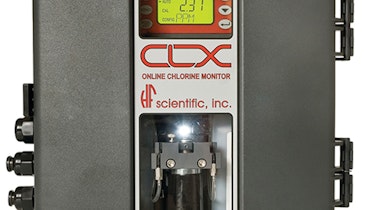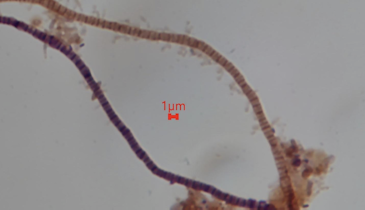News Briefs: Wastewater Plant Puts Bluegills to Work in Clarifiers
In this week's water and wastewater news, operators in Clarkston, Washington, found a clever way to use bluegill fish in their clarifiers; and a dry lime leak in Ohio hospitalizes two water treatment workers
Popular Stories
Discussion
Comments on this site are submitted by users and are not endorsed by nor do they reflect the views or opinions of COLE Publishing, Inc. Comments are moderated before being posted.






